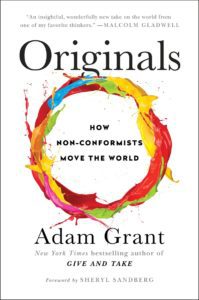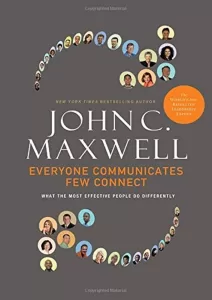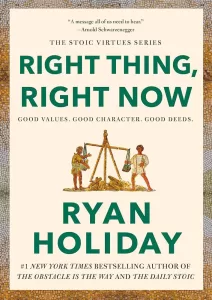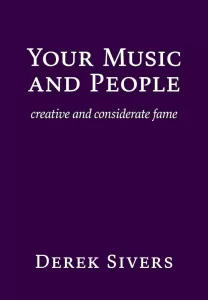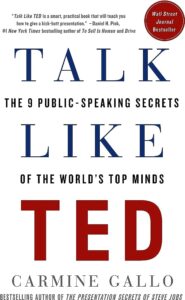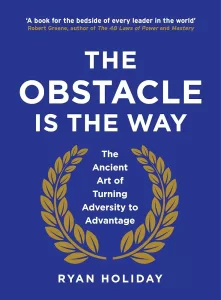Book Review: “Originals”
Book: Originals: How Non-Conformists Move the World by Adam Grant
Reviewer: Bobby Powers
My Thoughts: 7 of 10
Adam Grant is quickly becoming one of the preeminent thinkers in modern business and organizational psychology. He writes in a format similar to Levitt and Dubner's Freakonomics, posing counterintuitive statements at the beginning of each chapter, then revealing fresh research to back up his assertions. (Example: "You'll find out what determines whether children rebel in a constructive or destructive direction, why it's a mistake to tell children not to cheat, how we praise them ineffectively and read them the wrong books, and what we can learn from the parents of individuals who risked their lives to rescue Jews during the Holocaust.") His insightful work made me pause to reconsider some of my preconceived notions of how creativity is fueled in individuals and organizations.
Takeaways from the Book
Originality
- Original = “A thing of singular or unique character; a person who is different from other people in an appealing or interesting way; a person of fresh initiative or inventive capacity.”
- “Originality is taking the road less traveled, championing a set of novel ideas that go against the grain but ultimately make things better.”
- “Originality is what everybody wants, but there’s a sweet spot. If it’s not original enough, it’s boring or trite. If it’s too original, it may be hard for the audience to understand. The goal is to push the envelope, not tear the envelope.” -Rob Minkoff
- “Originals occasionally need to reframe their ideas to appeal to their audience.”
- “When achievement motivation goes sky-high, it can crowd out originality: the more you value achievement, the more you come to dread failure.”
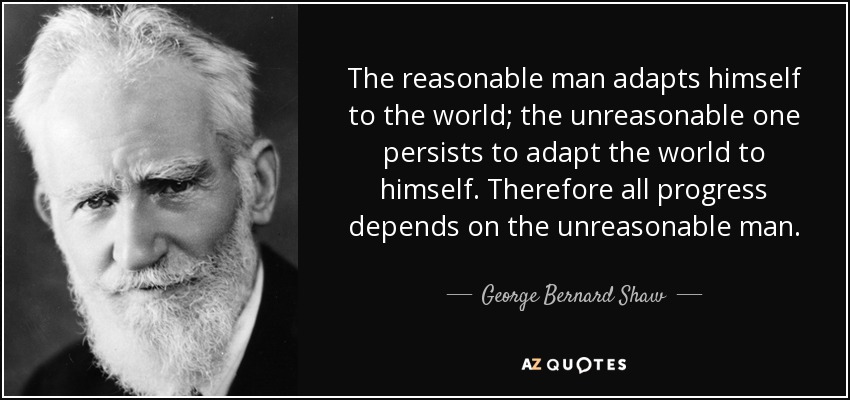
Risk
- “The word entrepreneur, as it was coined by economist Richard Cantillon, literally means ‘bearer of risk.’”
- “In the stock market, if you’re going to make a risky investment, you protect yourself by playing it safe in other investments. (Clyde) Coombs suggested that in their daily lives, successful people do the same thing with risks, balancing them out in a portfolio. When we embrace danger in one domain, we offset our overall level of risk by exercising caution in another domain.”
- “Having a sense of security in one realm gives us the freedom to be original in another.”
- “Originality is not a fixed trait. It is a free choice. Lincoln wasn’t born with an original personality. Taking on controversy wasn’t programmed into his DNA; it was an act of conscious will. As the great thinker W.E.B. DuBois wrote, ‘He was one of you and yet he became Abraham Lincoln.’”
- “Ultimately, the people who choose to champion originality are the ones who propel us forward…They feel the same fear, the same doubt, as the rest of us. What sets them apart is that they take action anyway.”
You Need to Generate a TON of Ideas
- “(Dean) Simonton finds that on average, creative geniuses weren’t qualitatively better in their fields than their peers. They simply produced a greater volume of work, which gave them more variation and a higher chance of originality. ‘The odds of producing an influential or successful idea,’ Simonton notes, are ‘a positive function of the total number of ideas generated.’”
- “In every field, even the most eminent creators typically produce a large quantity of work that’s technically sound but considered unremarkable by experts and audiences…To generate a handful of masterworks, Mozart composed more than 600 pieces before his death at thirty-five, Beethoven produced 650 in his lifetime, and Bach wrote over a thousand.”
- “You gotta kiss a lot of frogs before you find a prince.” -Dean Kamen
- “Individual creators have far better odds over a lifetime of ideas. When we judge their greatness, we focus not on their averages, but on their peaks.”
Lessons on Professional Tension from Bridgewater Associates
- About Bridgewater: “Bridgewater handles over $170 billion in investments for governments, pension funds, universities, and charities. Its philosophy is outlined in a set of over two hundred principles written by the founder…Although there’s always a lot of debate, Bridgewater is a highly cohesive, close-knit community, to the point that its staff frequently call it a family, and it’s common for employees to stay for decades…They’ve been recognized for making more money for clients than any hedge fund in the history of the industry.”
- “The goal is to create an idea meritocracy, where the best ideas win. To get the best ideas on the table in the first place, you need radical transparency.”
- “Bridgewater has prevented groupthink by inviting dissenting opinions from every employee in the company.”
- “Realize you have nothing to fear from the truth.” -Bridgewater Principle
- “Recognize that behavior modification typically takes about 18 months of constant reinforcement.” -Bridgewater Principle
- “Don’t let ‘loyalty’ stand in the way of truth and openness. No one has the right to hold a critical opinion without speaking up about it.” -Bridgewater Principle
- Additional reading: Interview with Bridgewater Founder Ray Dalio

Timing and the Unexpected Benefits of Procrastination
- “Procrastination may be the enemy of productivity, but it can be a resource for creativity.”
- “(Jihae) Shin proposed that when you put off a task, you buy yourself time to engage in divergent thinking rather than foreclosing on one particular idea. As a result, you consider a wider range of original concepts and ultimately choose a more novel direction.”
- “In ancient Egypt, there were two different verbs for procrastination: one denoted laziness; the other meant waiting for the right time.”
- “Being original doesn’t require being first. It just means being different and better.”
Other Insights
- “When we’ve developed an idea, we’re typically too close to our own tastes—and too far from the audience’s fast—to evaluate it accurately. We’re giddy from the thrill of the eureka moment or the triumph of overcoming an obstacle. As Brandon Tartikoff, NBC’s longtime entertainment president, frequently reminded his producers, ‘Nobody walks in here with what they think is a bad idea.’”
- “There’s a hubris that comes with success,” (Randy) Komisar explains…The more successful people have been in the past, the worse they perform when they enter a new environment. They become overconfident, and they’re less likely to seek critical feedback even though the context is radically different.”
- “Great spirits have always encountered opposition from mediocre minds.” -Albert Einstein
- “Kill the company” idea: Merck’s CEO Kenneth Frazier asked his executives to “generate ideas that would put Merck out of business. For the next two hours, the executives worked in groups, pretending to be one of Merck’s top competitors...Then, their challenge was to reverse their roles and figure out how to defend against these threats…When they considered how their competitors could put them out of business, they realized that it was a risk not to innovate. The urgency of innovation was apparent."
Think you’d like this book?
Other books you may enjoy:
- Made to Stick by Chip and Dan Heath
- Thinking, Fast and Slow by Daniel Kahneman
Other notable books by the author:
Want to become a stronger leader?
Sign up to get my exclusive
10-page guide for leaders and learners.
